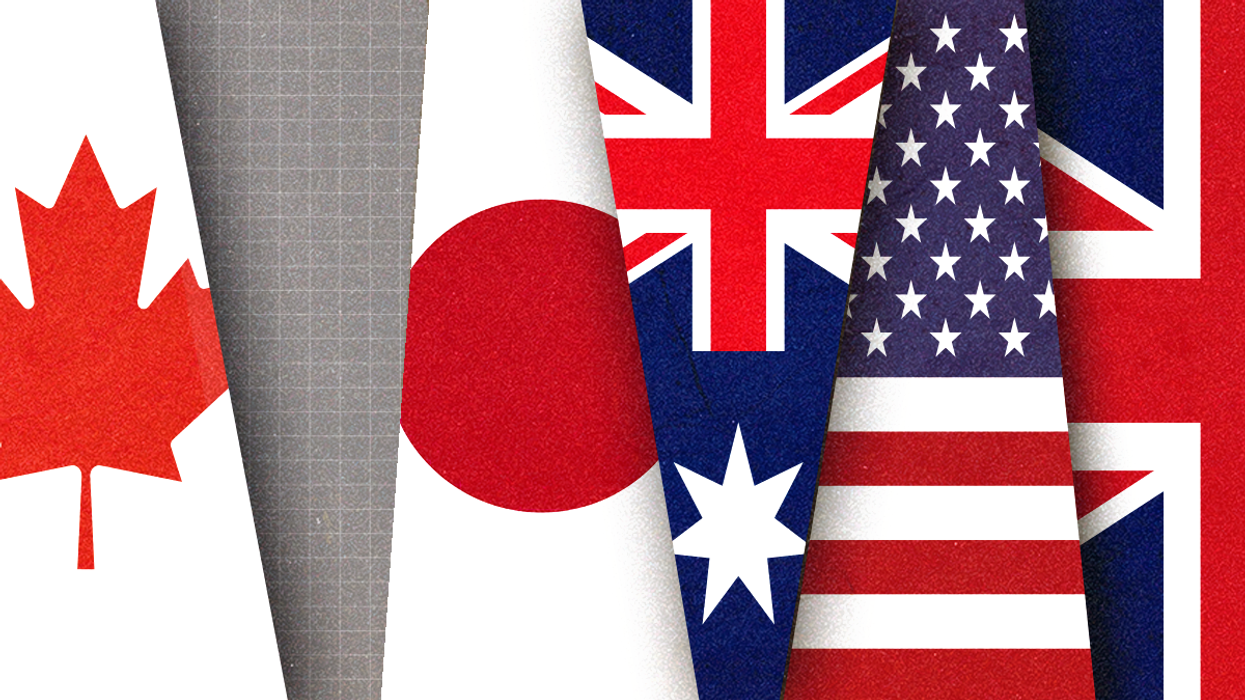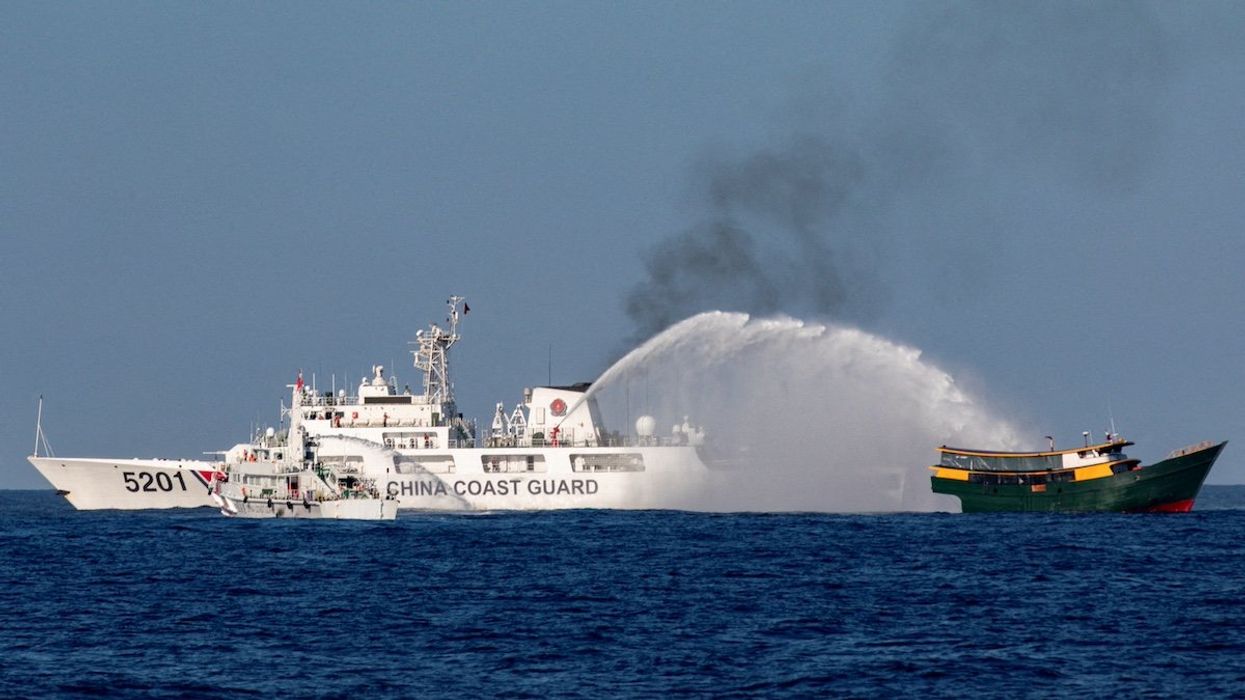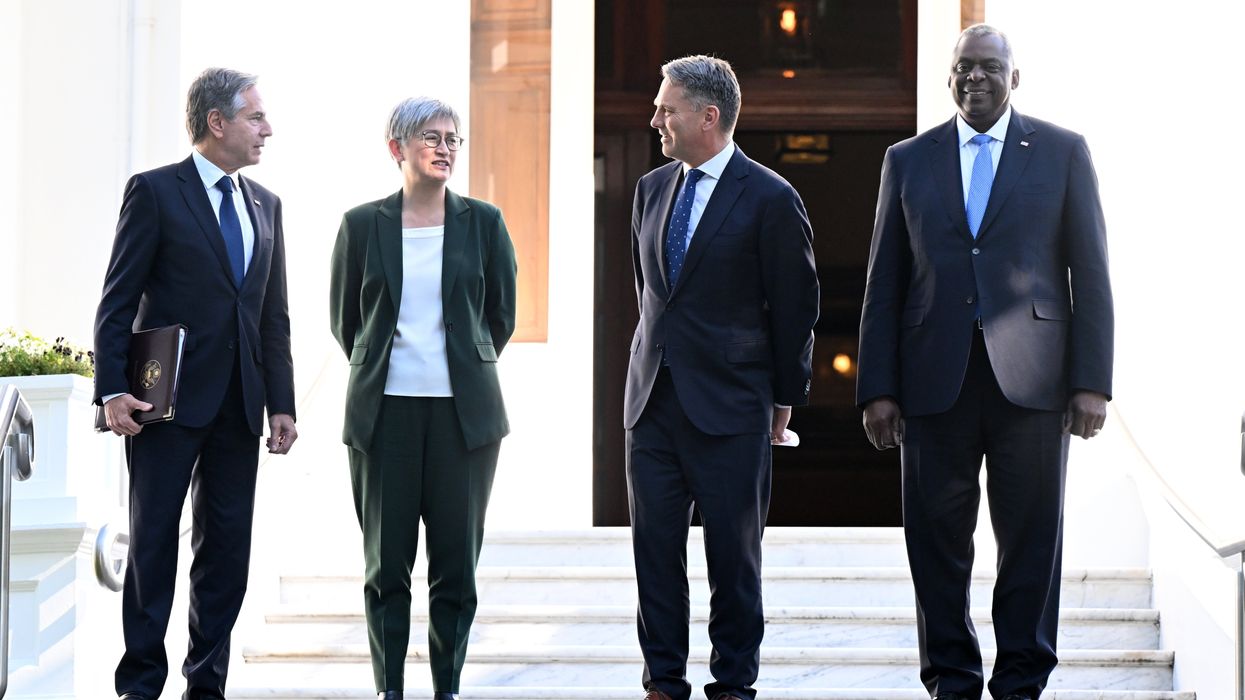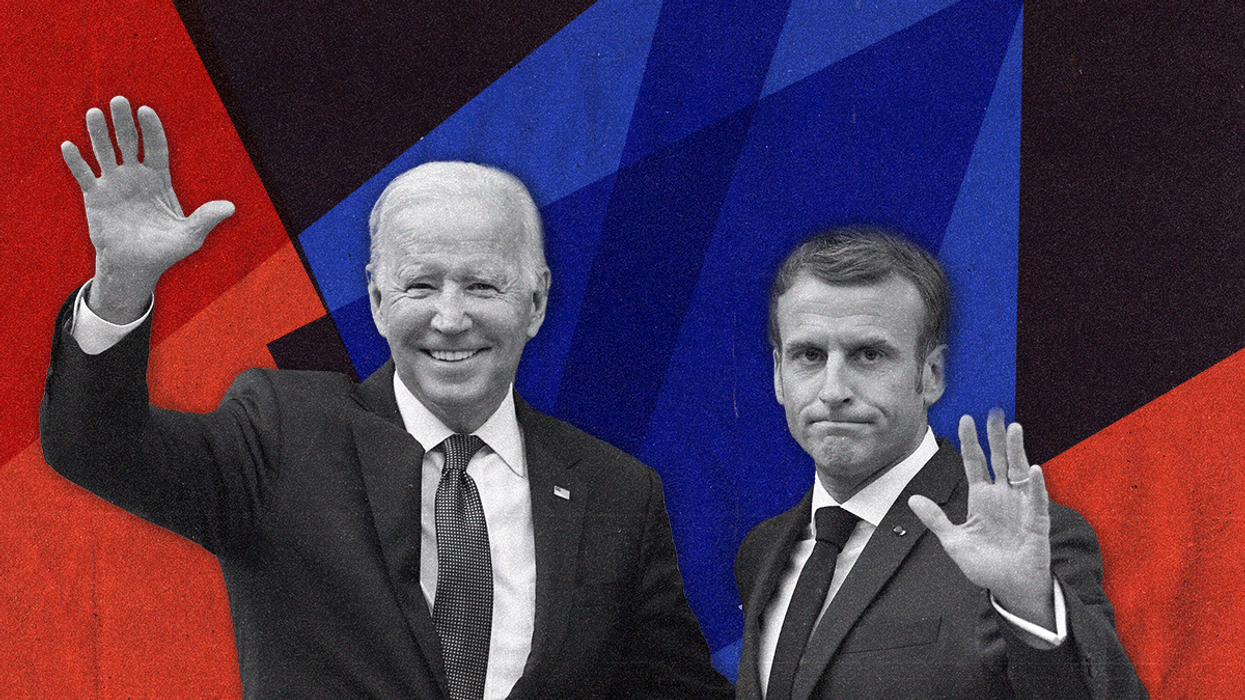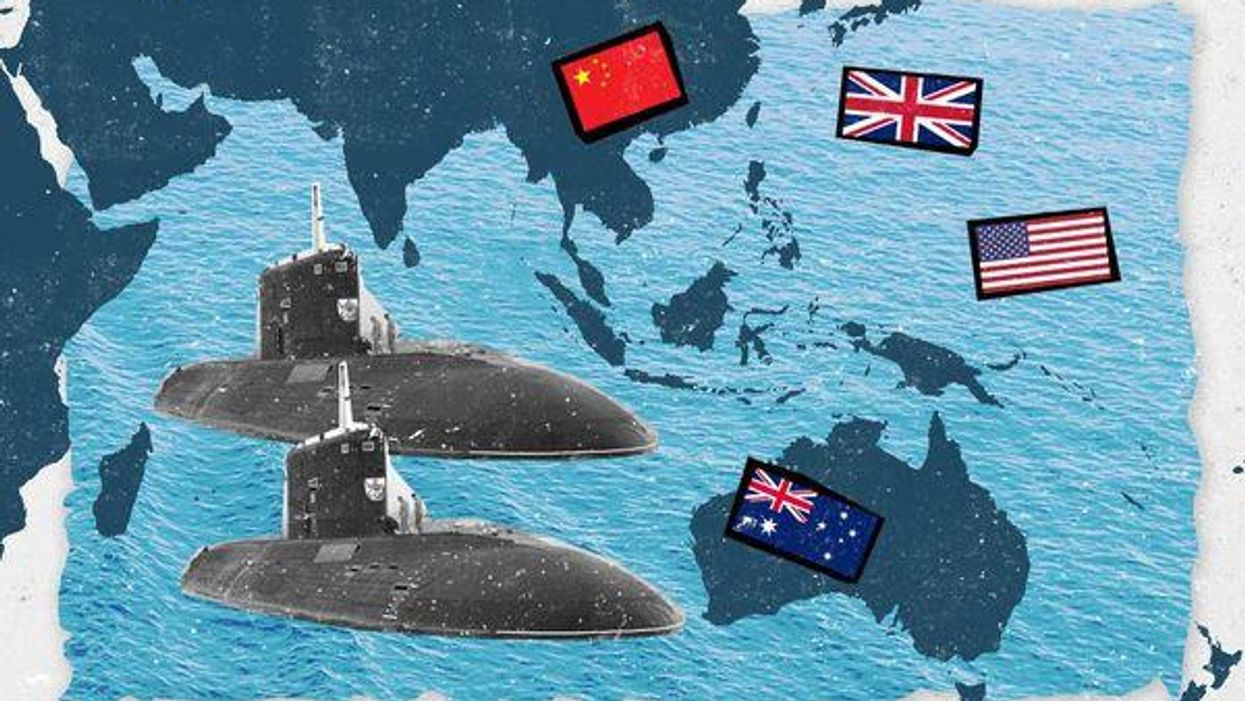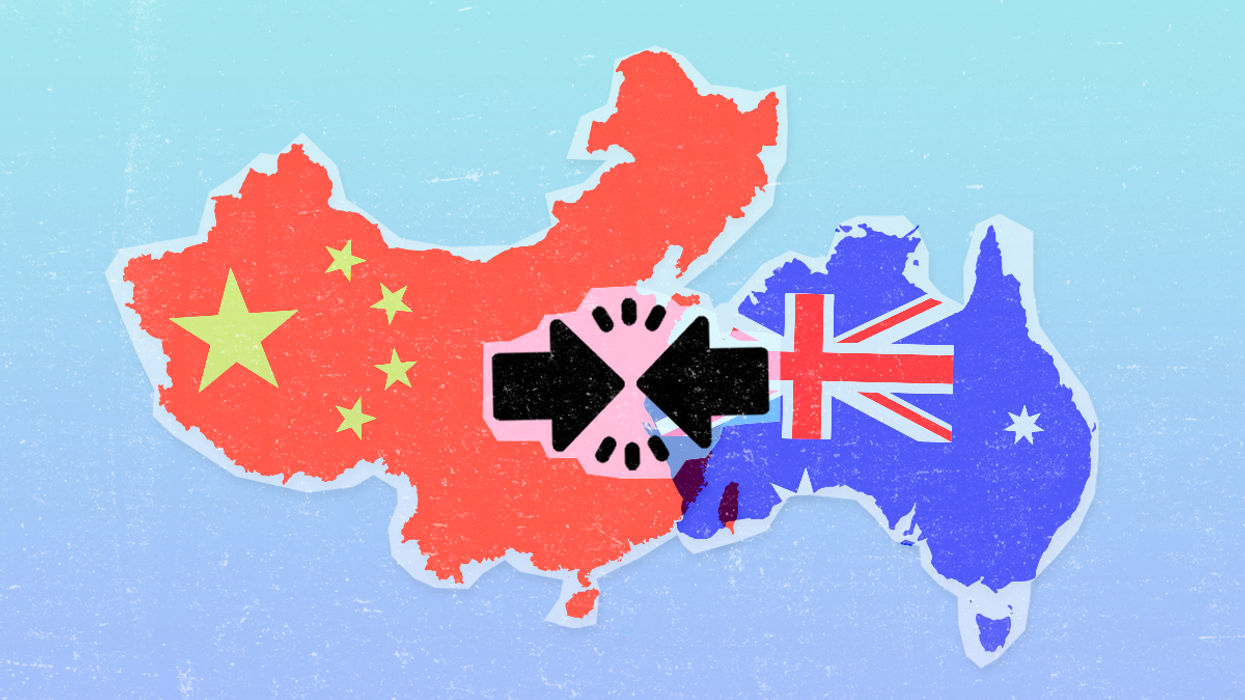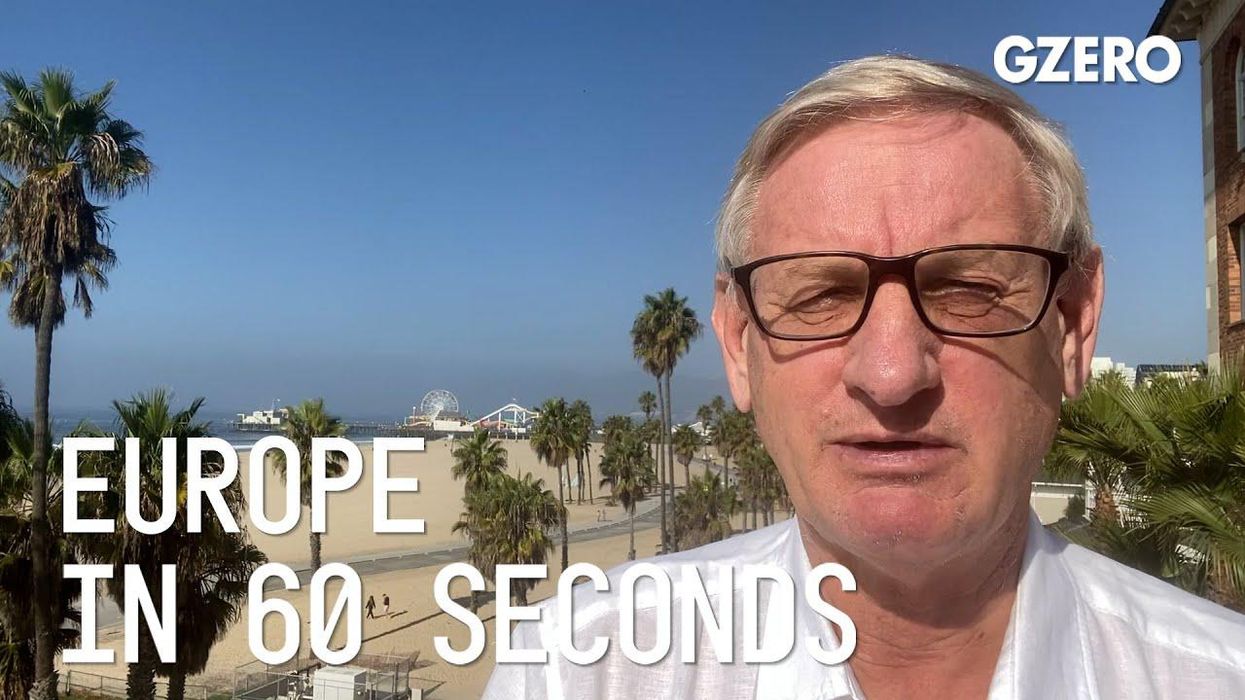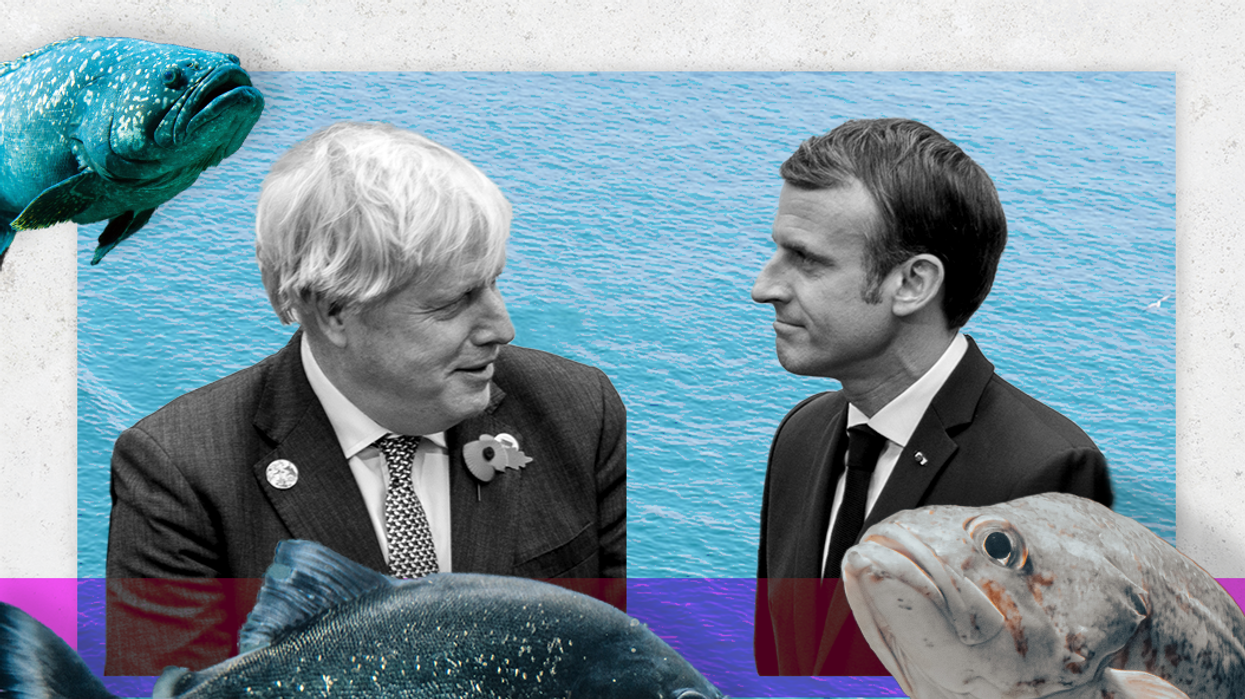GZERO North
A club for hemming China in
On Monday — the day that Prime Minister Justin Trudeau told reporters that Canada is interested in joining the AUKUS defense alliance — documents were released at a public inquiry that showed that Canada’s intelligence agency believes China “clandestinely and deceptively interfered in both the 2019 and 2021 general elections.”
Apr 11, 2024
